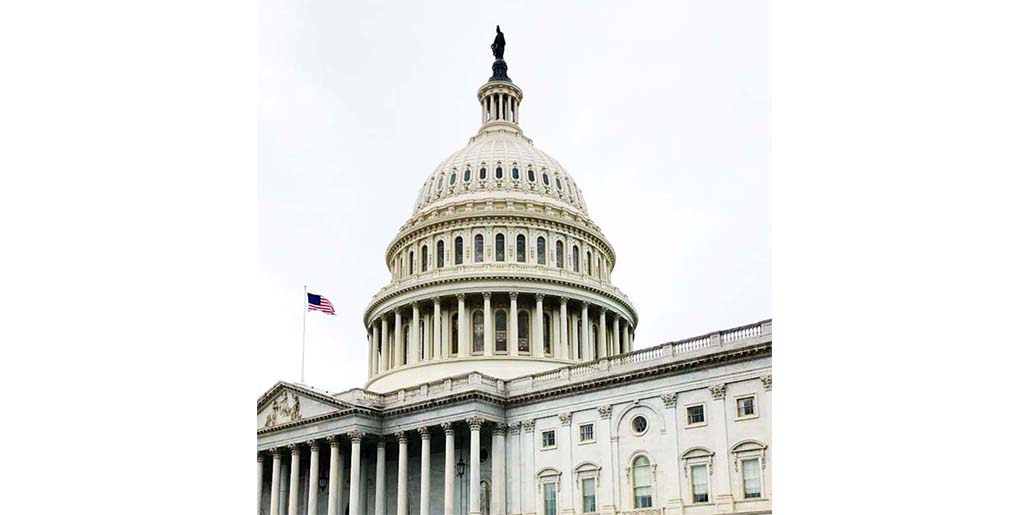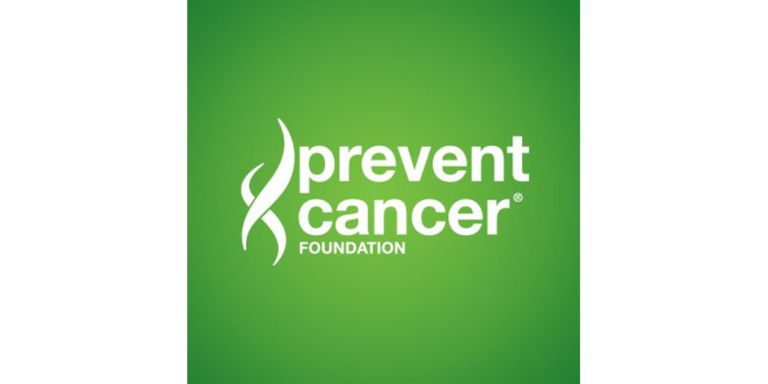
What Caught Our Eye: ACA News; Cancer Trials Face Patient Shortage; Acupressure Can Relieve Cancer Fatigue; More on Liquid Biopsies
What Caught Our Eye is our week-in-review blog series, where we recap the cancer policy articles, studies, and stories that caught our attention. “GOP senator meeting with White House on new ObamaCare plan” — Via The Hill — Sen. Bill Cassidy (R-La.) said he’s meeting with the White House and ...

What Caught Our Eye: Strengthening the ACA; the Harm of Medical Debt; Bone Symptoms After Treatment; and More
What Caught Our Eye is our week-in-review blog series, where we recap the cancer policy articles, studies, and stories that caught our attention. Affordable Care Act - “Donald Trump Owns Obamacare Now” - Via Vox.com — "We’ve spent months now watching Congress debate and decide the future of the Affordable ...

What Caught Our Eye: Costs of Care in a For-Profit System; New ACA Reporting; Precision Medicine; PSA Testing; End of Life Care
What Caught Our Eye is our week-in-review blog series, where we recap the cancer policy articles that caught our attention. Published this week, Elisabeth Rosenthal’s An American Sickness: How Healthcare became Big Business and How You Can Take it Back describes the business of health care and how it fails ...

NCCS Submits Comments on CMS Proposed ACA Market Stabilization Rule
NCCS submitted comments to the Centers for Medicare and Medicaid Services (CMS) on the proposed rule that is intended to “help stabilize the individual and small group markets.” The Affordable Care Act (ACA) has provided health insurance coverage—and therefore access to health care—for many cancer survivors who were previously denied ...

Guest Post by Elizabeth J. Clark: Self-Advocacy is Critical to Quality Cancer Care
This post is part of our 20 Years Later blog series which examines progress in advancing the principles in the 1995 NCCS publication Imperatives for Quality Cancer Care: Access, Advocacy, Action, and Accountability (Imperatives). The tenth principle states that “The provision of psychosocial services must be safeguarded and promoted. Persons diagnosed with cancer ...

WCOE: Poll Finds Women Think Mammograms Should Be Done Annually, Why Your Doctor Won’t ‘Friend You,’ Hospice Use Patterns, Susan Gubar’s Latest
What Caught Our Eye (WCOE) Each week, we recap the cancer policy articles, studies, and stories that caught our attention. Via @NPR: Poll Finds Most Women Believe Mammograms Should Be Done Annually https://t.co/RNAhxWn8LN— NCCS - National Coalition for Cancer Survivorship (@CancerAdvocacy) August 28, 2015 Via @NPR: Why Your Doctor Won't ...

NCCS Responds to Draft ASCO Conceptual Framework to Assess the Value of Cancer Treatment Options
NCCS recently submitted comments to the American Society for Clinical Oncology (ASCO) on its proposed value framework. In June, ASCO published a draft of the framework, "A Conceptual Framework to Assess the Value of Cancer Treatment Options," in the Journal of Clinical Oncology and solicited feedback from stakeholders. ASCO described ...

Guest Post: The Progress of Prevention—The Culmination of 20 Years of Advocacy
Twenty years ago NCCS defined quality cancer care to include a full spectrum of necessary services for cancer patients. These included primary and secondary prevention, early detection, initial treatment, supportive therapies to manage pain, nausea, fatigue, and infections, long-term follow-up, psychosocial services, palliative care, hospice care, and bereavement counseling. This ...

Revisiting the Fifth Principle of the Imperatives for Quality Cancer Care
This month, as part of the 20 Years Later blog series, we are revisiting the fifth principle of the Imperatives for Quality Cancer Care: Access, Advocacy, and Accountability. This principle states: “People with cancer should be provided a range of benefits by all health care plans that includes primary and ...

Dr. Atul Gawande’s Recent “Overkill” Article Examines Screening, Overtreatment, and Anxiety
In another excellent piece in the The New Yorker entitled “Overkill,” Dr. Atul Gawande writes about what he calls an “avalanche” of unnecessary care Americans are receiving. With his characteristic mix of hard data, policy analysis, and personal stories, he describes the harms of overtreatment, to both individuals and the ...

